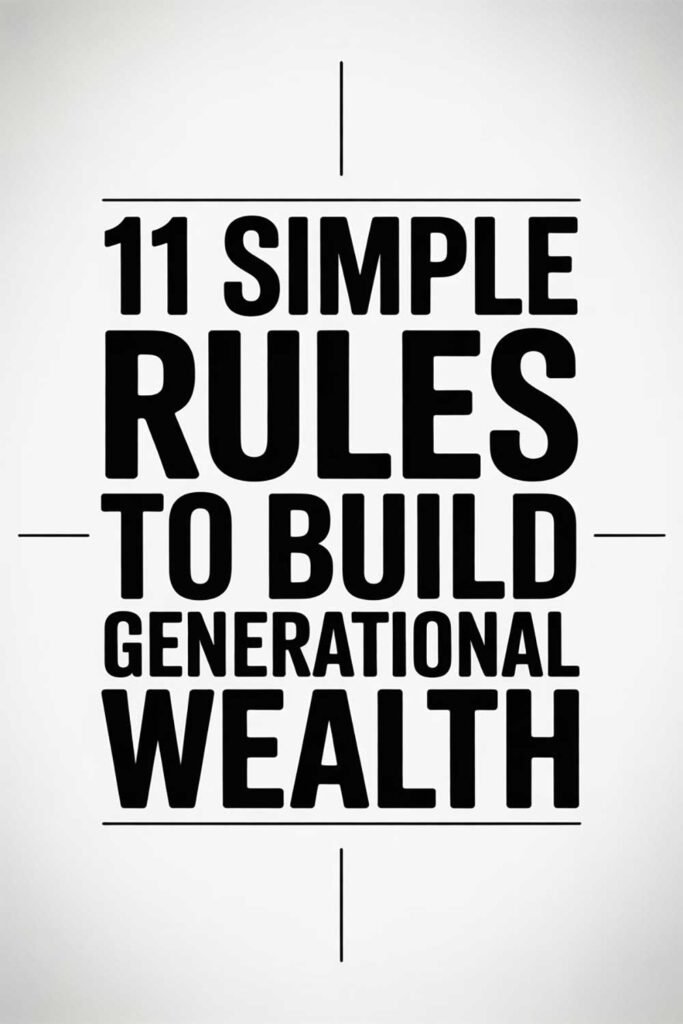12 Proven Strategies for Paying Off Debt Faster
Debt can feel overwhelming, but with the right mindset and plan, you can take control and become debt-free faster than you think. Whether you’re drowning in credit cards, student loans, or car payments, these 12 proven strategies have helped thousands of people accelerate their debt repayment and reclaim their financial freedom. Let’s break them down step by step with real-life examples, so you can start taking action today.

1. Create a Detailed Debt Overview
Before you can tackle your debt, you need a clear picture of what you owe.
Real-life example: Jenna used a simple spreadsheet to list all her debts, including the amount, interest rate, and minimum payment. It helped her prioritize and stay motivated.
Action step: List all your debts in one place—student loans, credit cards, car loans, etc.
2. Use the Debt Snowball Method
Pay off your smallest debt first while making minimum payments on the others. Once that’s gone, roll the payment into the next smallest debt.
Real-life example: Kevin paid off three small credit cards in under a year using the snowball method. The psychological boost kept him going.
Tip: This method is great for motivation and momentum.
3. Try the Debt Avalanche Method
Focus on the debt with the highest interest rate first. You’ll save more in the long run.
Real-life example: Mia paid off a $10,000 credit card with 23% interest by aggressively attacking it first, saving hundreds in interest.
Best for: Those who want to minimize total interest paid.
4. Consolidate Your Debt
Combine multiple high-interest debts into one lower-interest loan to simplify payments and save money.
Real-life example: Jordan used a personal loan with 8% interest to consolidate three credit cards with rates over 20%. His monthly payment dropped, and he paid it off in 18 months.
Reminder: Only consolidate if you get better terms and commit to not using old credit lines again.
5. Transfer Balances to a 0% Interest Credit Card
Some credit cards offer 0% interest for 12–18 months on balance transfers.
Real-life example: Lisa transferred a $5,000 balance to a 0% card and paid it off before the intro period ended, saving over $1,000 in interest.
Caution: Always check transfer fees and avoid adding new charges.
6. Make Biweekly Payments Instead of Monthly
By making half-payments every two weeks, you’ll make an extra full payment each year.
Real-life example: Mark switched to biweekly payments on his car loan and shaved six months off his loan term.
Bonus: It can help reduce interest and pay down principal faster.
7. Increase Your Income With a Side Hustle
Use extra income solely for debt repayment.
Real-life example: Carla drove for a rideshare service on weekends and put every penny toward debt. She paid off $12,000 in one year.
Ideas: Freelancing, delivery apps, pet sitting, tutoring, or selling online.
8. Cut Expenses and Redirect the Savings
Eliminate unnecessary expenses and apply the savings to debt.
Real-life example: Anthony canceled cable, meal-prepped lunches, and stopped dining out. He saved over $400/month and used it to pay off a personal loan.
Start small: Track spending and look for quick wins.
9. Use Windfalls Wisely
Apply tax refunds, bonuses, or gifts directly to debt.
Real-life example: Emily used her $3,000 tax refund to knock out a lingering credit card balance. It instantly boosted her credit score.
Tip: Before spending unexpected money, ask, “Will this help me become debt-free?”
10. Negotiate Lower Interest Rates
Call your creditors and ask for a better rate, especially if you have a good payment history.
Real-life example: Jake called his credit card company and got his APR reduced from 19% to 13%. That one call saved him hundreds over the year.
Script: “I’ve been a loyal customer and always pay on time. Can you lower my interest rate?”
11. Avoid New Debt While Paying Off Old Debt
Don’t sabotage your progress by adding new charges.
Real-life example: Tasha froze her credit cards (literally—in a block of ice) and stopped using them while she paid down her balances.
Strategy: Build a small emergency fund to avoid relying on credit cards.
12. Track Your Progress and Celebrate Milestones
Seeing your progress can keep you motivated.
Real-life example: Nora used a debt tracker on her fridge and colored in sections every time she paid off $500. She celebrated each $1,000 milestone with a small reward.
Try This: Use a visual tracker, app, or debt thermometer.
🌟 20 Motivational Quotes About Paying Off Debt
“The man who never has money enough to pay his debts has too much of something else.” — James Lendall Basford
“Getting out of debt is like losing weight: it requires discipline, effort, and time.” — Dave Ramsey
“Do not save what is left after spending, but spend what is left after saving.” — Warren Buffett
“Success is the sum of small efforts, repeated day in and day out.” — Robert Collier
“Beware of little expenses. A small leak will sink a great ship.” — Benjamin Franklin
“Financial peace isn’t the acquisition of stuff. It’s learning to live on less than you make.” — Dave Ramsey
“Discipline is choosing between what you want now and what you want most.” — Abraham Lincoln
“A goal without a plan is just a wish.” — Antoine de Saint-Exupéry
“If you want to conquer fear, don’t sit home and think about it. Go out and get busy.” — Dale Carnegie
“You can’t get out of debt by borrowing more money.” — Unknown
“The best way to predict your future is to create it.” — Peter Drucker
“Debt is normal. Be weird.” — Dave Ramsey
“Small daily choices lead to big financial changes.” — Unknown
“Stop buying things you don’t need to impress people you don’t like.” — Suze Orman
“The first step to getting anywhere is deciding you’re not willing to stay where you are.” — Unknown
“Your future is created by what you do today, not tomorrow.” — Robert Kiyosaki
“Live like no one else now so later you can live like no one else.” — Dave Ramsey
“Cutting your debt is more important than increasing your income.” — Nassim Nicholas Taleb
“You must gain control over your money or the lack of it will forever control you.” — Dave Ramsey
“Success doesn’t come from what you do occasionally. It comes from what you do consistently.” — Marie Forleo
📸 Picture This
Imagine waking up without the weight of debt hanging over your head. No more anxiety over minimum payments, no more juggling credit cards, no more dread when checking your bank account. Instead, you feel proud, empowered, and free. You have money in the bank, a plan for the future, and the confidence that comes from financial control. All because you committed to a plan and stuck with it.
Which strategy will you use today to take one step closer to your debt-free life?
💜 Please Share This Article
If this article inspired you or gave you a strategy you can use today, please share it with someone who might be struggling with debt. We all rise by lifting others.
⚠️ Disclaimer
This article is for informational purposes only and reflects personal experience and general financial strategies. It is not intended as professional financial advice. Please consult a licensed financial advisor for guidance tailored to your situation.






